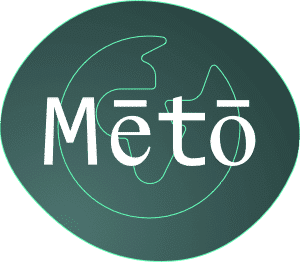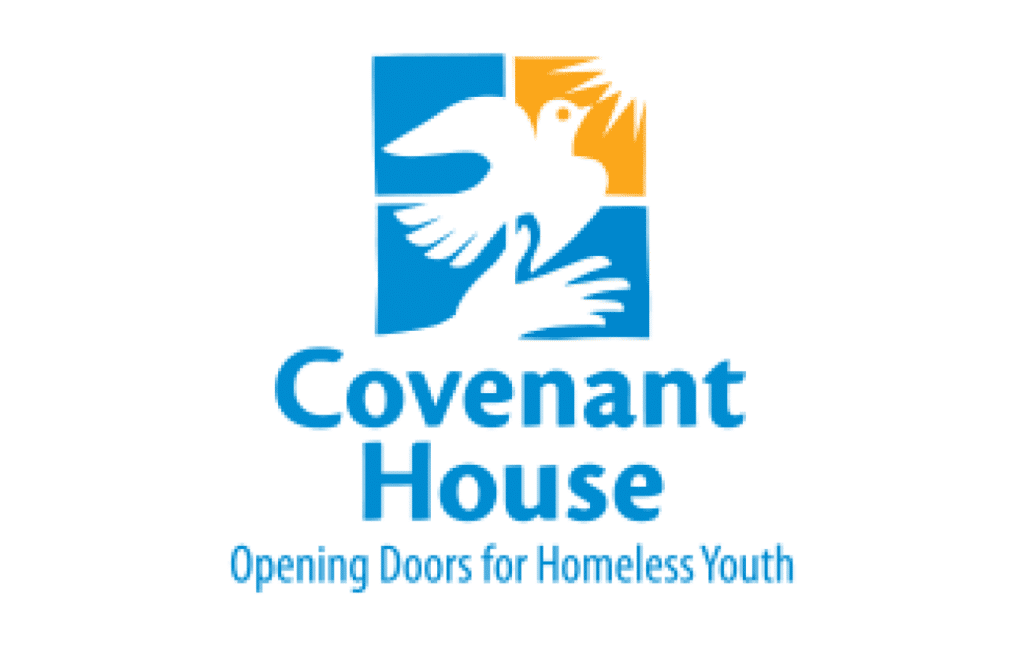At the crux of this pivot was data and more specifically, customer data. Those teams utilizing robust data collection methodologies and systems were poised to maneuver all of their marketing focus to digital avenues, while teams who had yet to really collect and utilize data were left scrambling to readjust.
Now over a year out from the initial shift, all marketing teams have come to realize the power of a good data collection strategy and most are utilizing them in more depth than ever before. But how have data collection and utilization strategies changed over the past year? And what effect will these changes have on marketing for the long term?
Buyers Have More Control
As the digital market has grown, we have seen the shift from outbound to inbound in real time. Cold marketing outreach strategies have gone by the wayside and inbound marketing strategies have taken over as the main avenue to build pipelines and obtain customers. This shift directly co-insides with the accessibility of information to the consumer market with the growth and expansion of the digital world and technologies.
Consumers no longer need or want information from thousands of products sent their way; they want information to be easily accessible when and where they need it. The marketing teams’ job has shifted from sending information directly to the consumer, to providing consumers with the information they are seeking, at the exact time and place they are looking for it.
But how do we know where and when to showcase products, thought leadership and related content?
We utilize educational content, and doing so means that the consumer dictates the what, when, where, why and how of our marketing strategies.
As the adjustment to the pandemic occurred, so did the realization that consumers would need more from us within the digital stratosphere. With everyone home, internet and device usage skyrocketed, giving marketing teams more opportunity to not only reach consumers in diverse ways but also exponentially increase the opportunities for data collection, thus allowing for more expansive data points to be explored, analyzed and utilized. The more insight marketing teams have into the thoughts, wants and needs of their customers, the better they can strategize to fulfill them.
Knowing Your Audience On A Deeper Level
Knowledge of audience segments is more prescriptive than ever. Marketers need to understand their target audiences on deeper and more diverse levels than they have in the past. The pandemic has changed the way many look at and function in everyday life and marketing strategies that both recognize and reflect that change will resonate most with them.
Generic demographics no longer hold water in the way that they used to pre-pandemic. Consumer interests have shifted towards more holistic concerns effecting their day–to–day routines.
Marketing teams must dig deeper into their data to understand their consumers and appeal to them. Taking into consideration the fact that consumers are more concerned with affordability, health and well–being, community, quality of life and environment than they were before the pandemic took hold.
What this means for marketing teams is a shift in strategy and appeal. Consumers will not interact with brands and marketing that do not strike a chord with their needs and right now everyone wants to feel safe, stable and understood.

As data collection and analysis of data over the past year–plus have indicated, buyers want to interact with brands that empathize with the difficulties of the current human condition and provide solutions. That means having the ability to buy and receive the things they need when they need them in ways that make them feel safe, i.e. direct shipping and curbside pickup.
The bottom line here is that marketers must utilize data to understand their audiences on a more personal level in order to construct marketing strategies that are more humanized.
Appealing to deeper concerns with marketing efforts establishes trust and bolsters brand loyalty. It humanizes brands and creates better rapport with customers, and the only way to understand these elements is through data. Meaning more in–depth data collection is necessary as the human condition evolves through this crisis.
Fully Utilizing Buyer Intent Data
Buyer intent data has been increasingly prioritized as shopping has shifted to higher frequency on digital platforms and D2C brands have gained a larger presence in the market. While many of the big players like Amazon have been leading the pack when it comes to buyer intent, many other brands are following suit in the wake of the pandemic. Mainly due to the necessity for collecting more first person user data and utilizing it to its fullest potential.
Succinctly, brands like Amazon are evolving their buyer intent capabilities within their advertising platform to enable advertising clients to reach more targeted audience segments with a higher likelihood of purchasing. Utilizing their extensive user data to create look-back viewing and purchasing windows, analyze competitor data and establish purchasing probability Amazon and other big players are providing their advertisers with more targeted avenues to high potential buyers.
It’s clear that these enhancements to buyer intent data utilization will continue to grow and pivot as the digital market evolves.
Making Marketing Even More Personal
If it hasn’t been made clear, it is imperative for marketing teams to take a more personalized and humanized approach in their marketing strategies in this post pandemic world. The delivery of the 4Cs, (Content, Commerce, Community and Convenience) has generally been a one-size-fits-all approach, only broken into high–level segments up until now.
The pandemic has accelerated consumers demand for more hyper-personalized content and companies will need to utilize more data and AI to fully understand their consumers, create deeper and more relevant messaging and build stronger interactions through their marketing.
With the current capabilities of data collection and utilization, brands are able to communicate with customers on a more personal level targeting various specific segments based on their circumstances and preferences.
Meaning brands should be creating marketing messaging that is hyper–targeted and personally relevant to customers’ specific values and situation. Creating this humanized connections via marketing messaging requires deep analysis and understanding of user data.
In Conclusion...
There is no doubt that the pandemic has had a massive effect on modern marketing. The refocus of marketing teams to more personalized and hyper targeted strategies have been facilitated by the ever growing data collection, use of AI and data analysis practices of marketing teams across the industry.
Digital marketing teams will continue to evolve their practices to meet the demands of their consumers in this new normal world. Many of the strategies that must be implemented and expanded upon are extensions of those already being utilized pre-pandemic.
Over the last several years audience driven content, buyer intent data and predictive softwares, hyper segmentation and hyper personalization were all relevant strategies but now they have been prioritized as more marketing saturates the digital landscape.
What is clear is that data is more prevalent part of marketing than it ever has been before and its usage can only grow. What’s next for data collection and analytics in marketing has yet to been seen but it is sure to be impacted by the outmoding of 3rd party data collection and the refocus to first party data usage in coming months.








